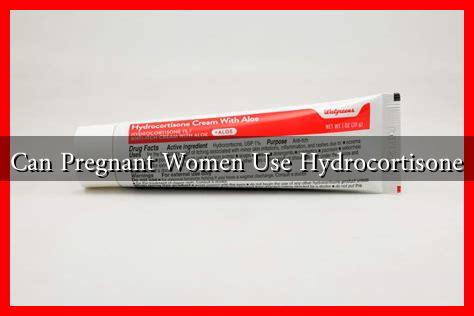-
Table of Contents
Can Pregnant Women Use Hydrocortisone?
Hydrocortisone is a corticosteroid commonly used to treat various skin conditions, allergies, and inflammatory disorders. However, when it comes to its use during pregnancy, many women find themselves questioning its safety. This article aims to provide a comprehensive overview of hydrocortisone, its applications, and the considerations pregnant women should keep in mind.
Understanding Hydrocortisone
Hydrocortisone is a synthetic form of cortisol, a hormone produced by the adrenal glands. It is available in various forms, including creams, ointments, and oral tablets. Hydrocortisone works by reducing inflammation and suppressing the immune response, making it effective for conditions such as:
- Allergic reactions
- Skin irritations and rashes
- Psoriasis
- Eczema
- Inflammatory bowel diseases
Safety of Hydrocortisone During Pregnancy
The safety of using hydrocortisone during pregnancy is a topic of ongoing research and debate. The general consensus among healthcare professionals is that topical hydrocortisone is considered safe for short-term use in pregnant women, particularly when used in low concentrations. However, there are several factors to consider:
- Topical vs. Systemic Use: Topical hydrocortisone is less likely to enter the bloodstream compared to oral or injectable forms. This significantly reduces the risk of potential side effects on the fetus.
- Dosage and Duration: Low-potency hydrocortisone creams (usually 0.5% to 1%) are generally recommended for localized skin issues. Prolonged use or high-potency formulations should be avoided unless prescribed by a healthcare provider.
- Consultation with Healthcare Providers: Pregnant women should always consult their healthcare provider before using any medication, including hydrocortisone. This ensures that the benefits outweigh any potential risks.
Potential Risks and Side Effects
While hydrocortisone is generally safe, there are potential risks associated with its use during pregnancy:
- Skin Thinning: Prolonged use of topical corticosteroids can lead to skin thinning, which may be more pronounced in pregnant women due to hormonal changes.
- Hormonal Effects: High doses or systemic use of hydrocortisone can potentially affect fetal development, leading to complications such as low birth weight or adrenal suppression.
- Allergic Reactions: Some individuals may experience allergic reactions to hydrocortisone, which can lead to further complications.
Case Studies and Research Findings
Several studies have examined the effects of corticosteroids during pregnancy. A study published in the Journal of Allergy and Clinical Immunology found that low-dose topical corticosteroids did not significantly increase the risk of adverse pregnancy outcomes. However, the study emphasized the importance of using these medications under medical supervision.
Another research article in the American Journal of Obstetrics and Gynecology highlighted that while systemic corticosteroids could pose risks, topical applications were generally safe when used appropriately.
Conclusion
In summary, hydrocortisone can be used by pregnant women, particularly in its topical form, with caution and under the guidance of a healthcare provider. While it is effective for treating various skin conditions, the potential risks associated with its use should not be overlooked. Pregnant women should prioritize their health and that of their unborn child by consulting with their healthcare provider before starting any new medication.
Ultimately, the key takeaways are:
- Topical hydrocortisone is generally safe for short-term use during pregnancy.
- Consultation with a healthcare provider is essential before using hydrocortisone.
- Awareness of potential risks and side effects is crucial for informed decision-making.
By staying informed and seeking professional advice, pregnant women can manage their health effectively while minimizing risks to their developing baby.

